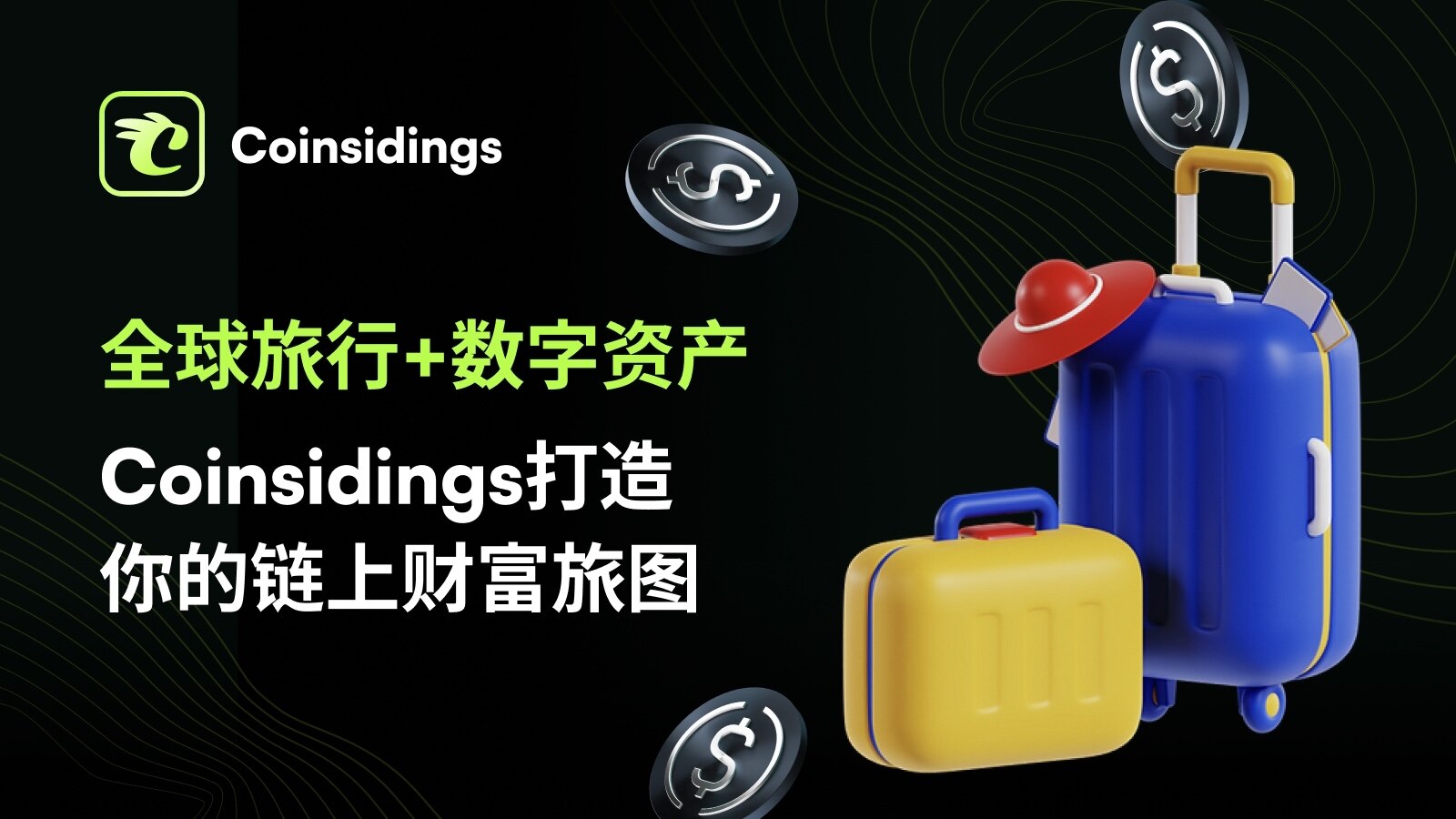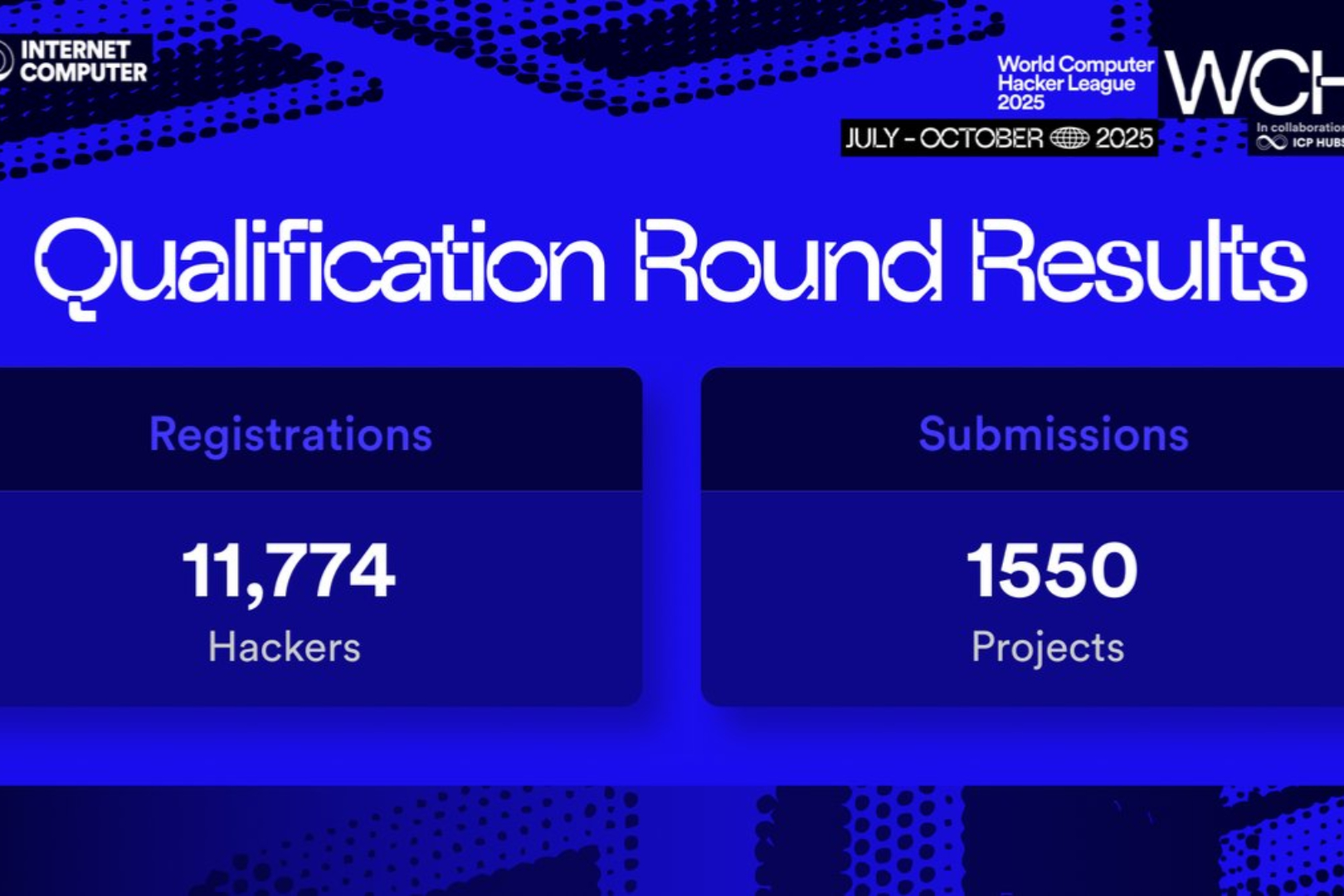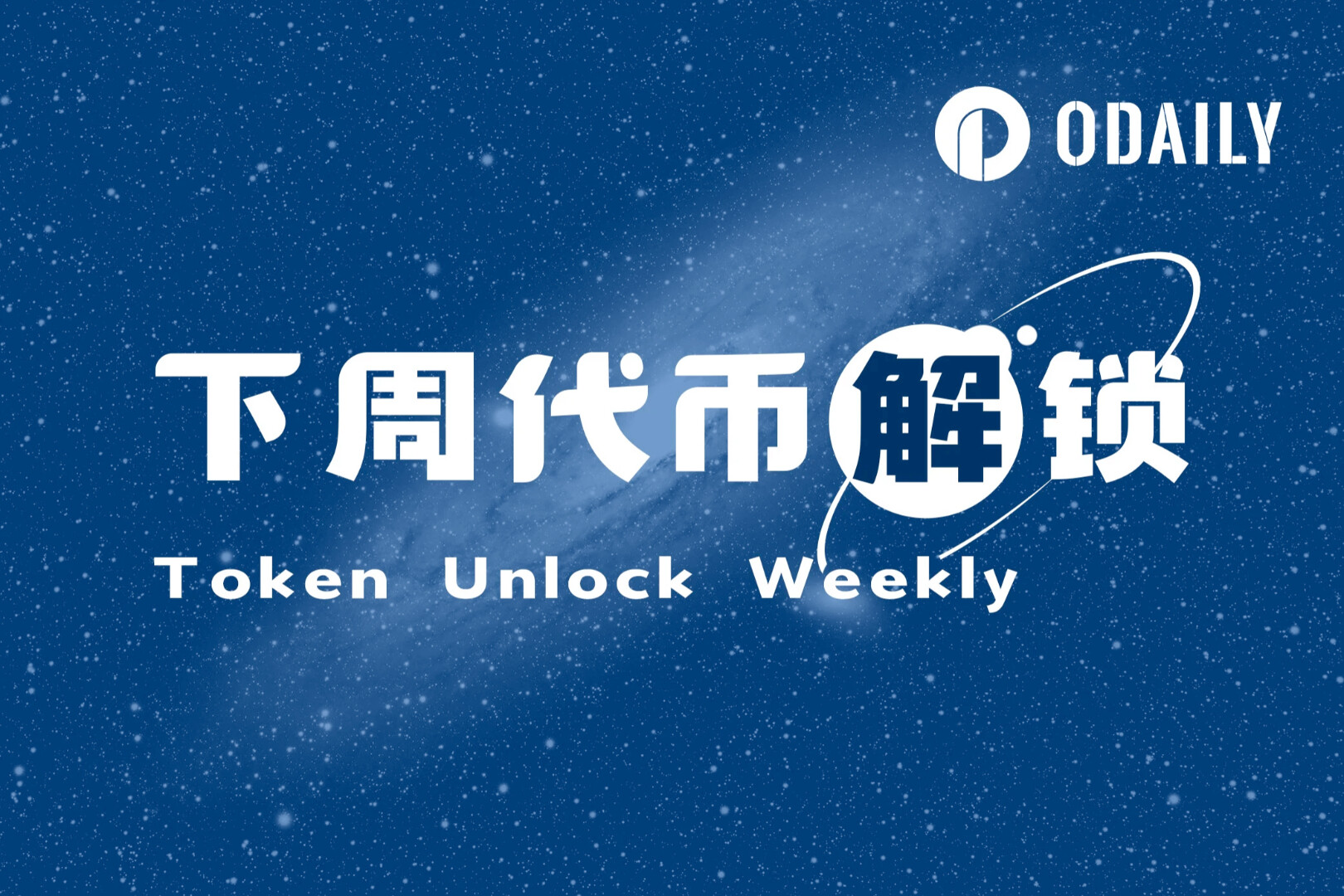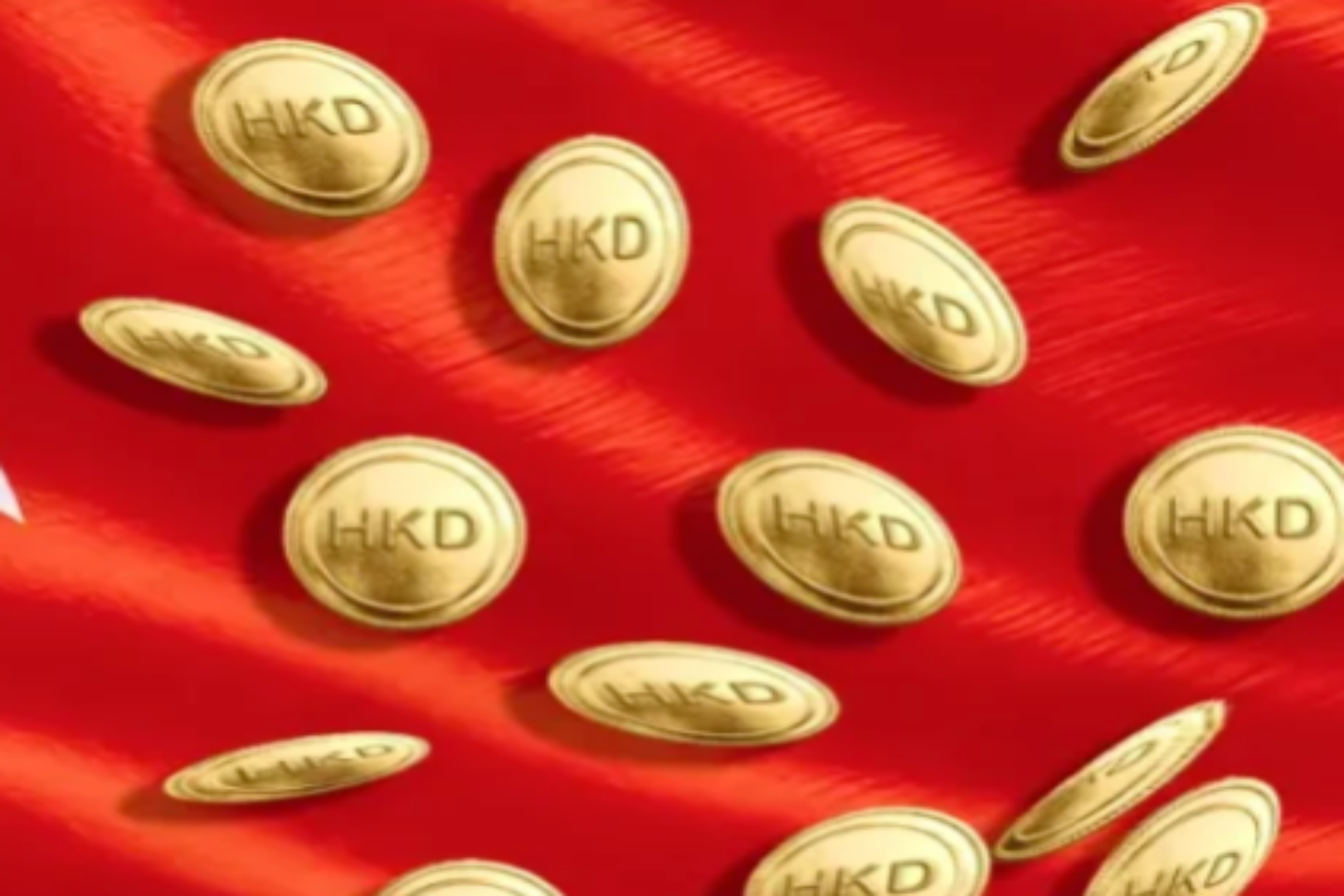As digitalization sweeps the globe, the tourism industry appears to be thriving. However, the profit model of Web 2 platforms is gradually showing signs of fatigue: users are merely one-time "buyers" rather than true participants in value creation; platforms maintain a tight control over resource allocation through traffic aggregation and information asymmetry. This structure leads to highly concentrated profits, exacerbated user marginalization, and a subsequent decline in innovation.
But with the rise of blockchain and RWA (Real World Assets) technology, a new era is dawning. Travel is no longer just about "going to a place," but about connecting to a network of value. And platforms are no longer just transaction intermediaries; they've become engines for asset generation and equity distribution.
At this historical turning point, Coinsidings came into being, reshaping the industry landscape with the concept of "tourism as an asset" and ushering in the next decade of Web 3 tourism. 
1. The End of Web 2: Users Consumed, Value Devoured by Platforms
Over the past two decades, platforms like Ctrip, Airbnb, and Booking have rapidly risen to prominence, reshaping the way people travel. The advantages of platformization are obvious: convenient search systems, standardized service reviews, and transparent price comparisons. However, these platforms' profit models rely heavily on commissions, traffic diversion, and information monopoly.
Users contribute data, content, trust, and orders, but are unable to participate in any of the dividends brought by the platform's growth. Hotels, landlords, and suppliers face ever-increasing commission rates, and their profit margins are continuously squeezed by the platform. Value creation across the entire industry chain is hijacked by centralized systems, leading to stagnant innovation, a lack of trust, and rising costs, becoming unavoidable problems.
The end of the Web 2 travel platform lies in the bottleneck of efficiency improvement and the collapse of the trust mechanism.
2. The Enlightenment of Web 3: The Dual Revolution of RWA Assetization and Decentralized Governance
The rise of Web 3 has injected new narrative possibilities into the tourism industry. Based on blockchain, Web 3 no longer views platforms as transaction intermediaries, but rather as execution engines for trust and incentive mechanisms. More importantly, with the maturity of RWA (Real World Asset) tokenization technology, consumer behavior that was once "use and throw away" can now be authenticated, financialized, and capitalized on-chain.
Imagine a user booking a resort hotel. Not only does this mean they complete their stay, but they also gain a stake in the RWA assets behind the property. Or, if a user repeatedly visits a destination, their behavior is recorded on-chain and converted into a digital identity, further granting them voting rights on city governance proposals. This is a participation mechanism that traditional travel platforms have never offered.
Furthermore, through DAOs (decentralized autonomous organizations), users, hotels, and platforms can jointly govern the ecosystem's rules, becoming both consumers and community partners. Travel is no longer a one-time purchase; it's the starting point for unlocking a personal asset map and a global collaborative network. Web 3 is reshaping the underlying logic of the tourism industry.
3. Coinsidings’ Positioning: Connecting Investment with Travel and Building Assets with Consumption
At this historical inflection point, Coinsidings emerged. It's not a "decentralized alternative" to Web 2 travel platforms, but rather a brand-new asset engine—taking "travel as investment" as its starting point, integrating consumption scenarios, asset generation, equity distribution, and on-chain finance.
Coinsidings' design philosophy is clear: every user's travel experience should not only allow them to enjoy the beauty and services of the destination, but also generate sustainable income and asset returns. When you book, you don't just book a room; you own the tokenized rights behind the property. You participate in more than just a travel itinerary; you participate in an economy anchored by physical assets and built by users.
At the core of all this is the principle of "consumption as investment"—every expense you spend will be proportionally returned through smart contracts in the form of points, options, and even DAO governance rights. This mechanism aligns travel behavior with long-term asset growth for the first time, breaking the old paradigm of "experience as consumption."
Coinsidings is not a travel platform, but a tokenized network of global travel rights and assets. It is a "super entrance" for RWA assets to enter the C-end scene.
4. Mechanism Analysis: Let every consumption have a compound interest effect
1. Option Incentives: “Seed Notes” for Future Earnings
Coinsidings introduces a unique "residence option" mechanism. After spending on the platform, users receive a portion of option tokens backed by real estate RWA. These options can be transferred within the platform, redeemed for equity tokens in the future, used to participate in new projects, and even used for DAO governance. This serves as both an incentive and a token of trust—encouraging users to maintain long-term and deep engagement in the ecosystem.
2. Equal Rights for Stocks and Currencies: Breaking Down the Boundary Between Identity and Assets
Coinsidings has designed a governance model that integrates both tokens and shares. Every high-level member or token holder can vote on ecosystem decisions and have a role in platform governance and resource allocation. This system breaks down the barriers between the platform and its users, allowing rights and interests to flow down from the platform to the user level, fostering true user autonomy.
3. Multi-currency settlement and points interoperability: adapting to global scenarios
Coinsidings supports payments with mainstream cryptocurrencies like USDT, ETH, and BNB, as well as credit cards and fiat currencies, lowering the barrier to entry for users. Importantly, users' earned travel points can be redeemed for accommodation discounts, option tokens, or used to offset future transactions within the platform. This cross-scenario, cross-asset financialization of points allows platform users to achieve on-chain wealth growth.
4. Membership grading mechanism and RWA new stock subscription channel
The platform has established a multi-tiered membership system, with user levels linked to platform activity, holdings, and contributions. Senior members enjoy priority access to global real estate launches—properties co-developed or contracted by Coinsidings—allowing them to invest early and enjoy premium returns. This transforms "travel" itself into an act of "discovering value."
5. Trend Outlook: The ultimate destination of tourism platforms is financial platforms
The Web 3 era is reshaping platform logic. If Airbnb solved the problem of “how to match empty rooms with mobile populations,” then Coinsidings solves the problem of “how to integrate global RWAs into personal asset maps.”
Tourism is merely the gateway; assets are the ultimate destination. Over the next decade, tourism platforms will inevitably evolve into "asset platforms," "revenue platforms," and "governance platforms." This is driven by the implementation of RWA technology, the return of user value, and the inclusiveness of financial tools.
Coinsidings chose to enter the travel market not to become another OTA (online travel agent), but to redefine the meaning of "travel" in economic activities. It will become the first entry point for global users to understand RWA and the most practical and tangible frontier for the future asset network.
It not only connects people and places, but also connects people and assets, people and value networks, and people and consensus systems.
Conclusion: You are not just a traveler, but also a co-builder
Web 2 allows you to go further; Web 3 allows you to own the journey. Coinsidings isn't reinventing the travel platform; it's rebuilding value relationships. In the next decade, when every trip can be owned, distributed, and governed, we'll truly enter the era of "travel as an asset." Coinsidings is a pioneer in this era.





